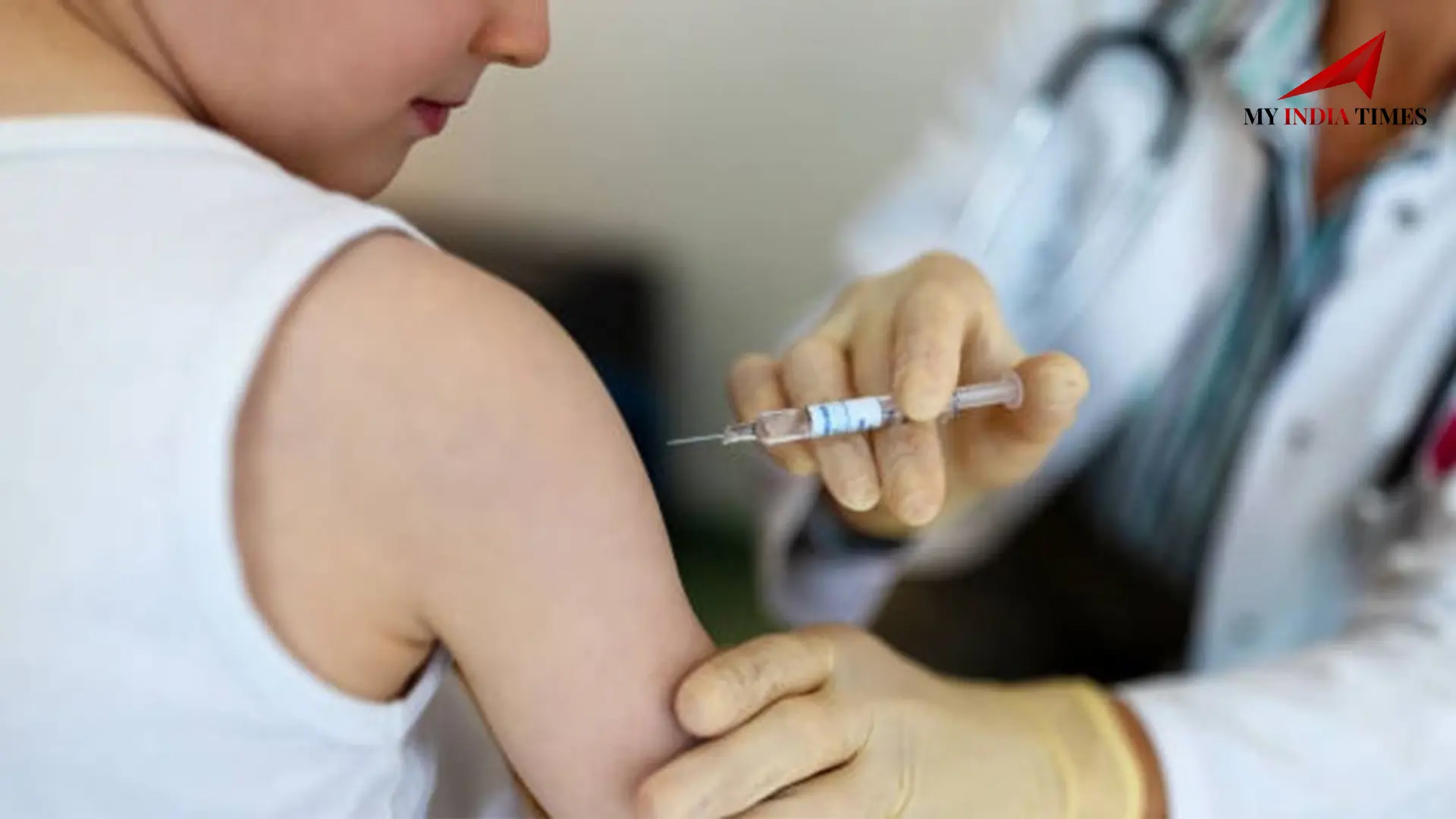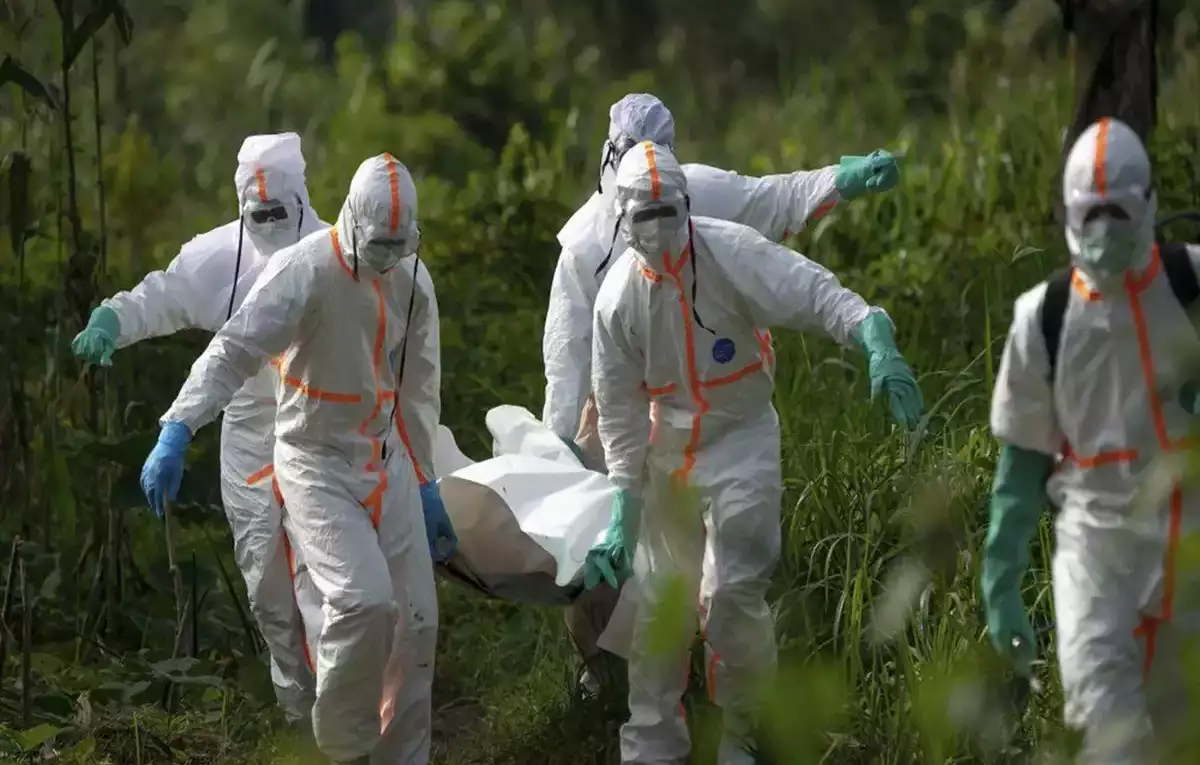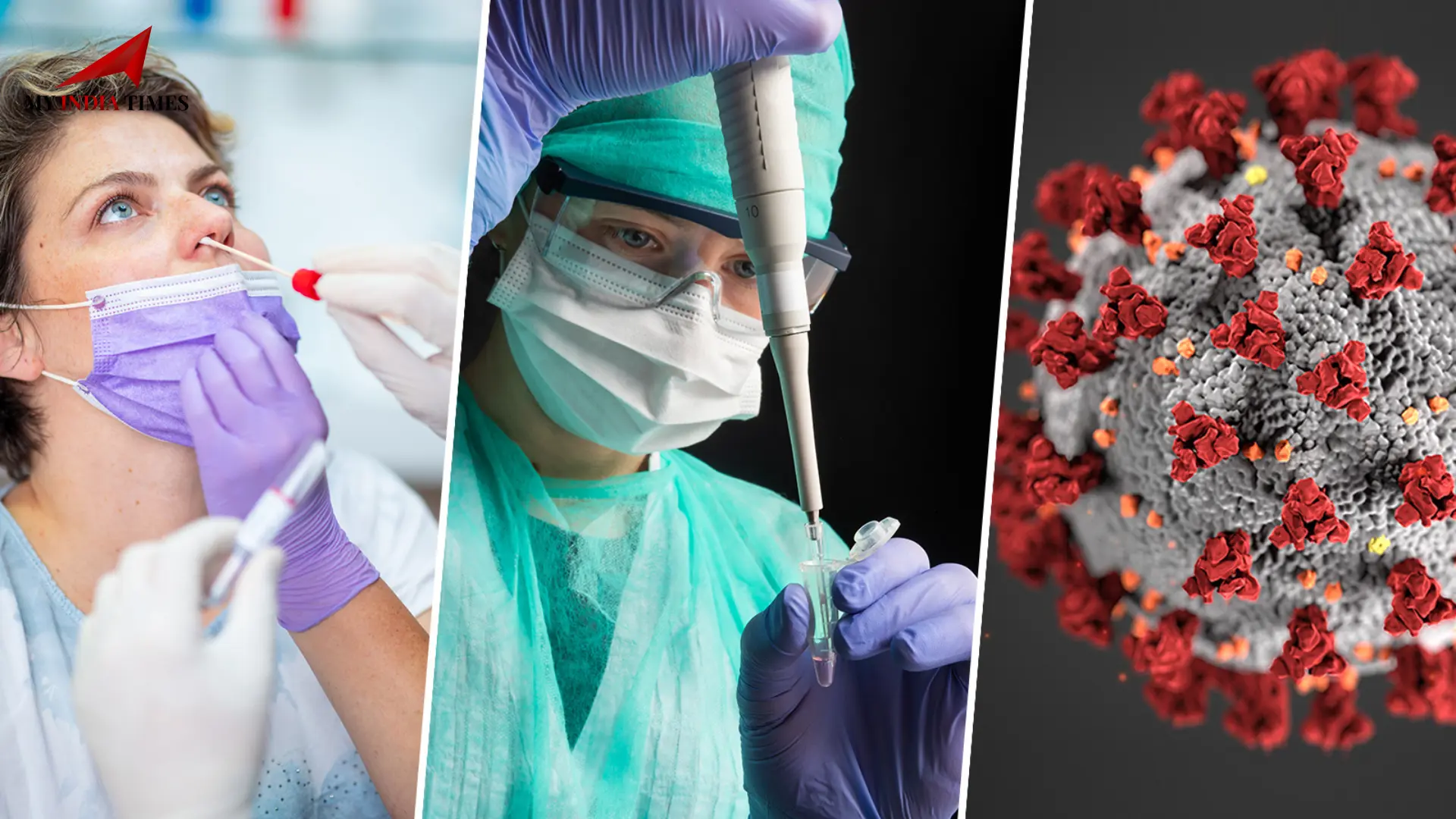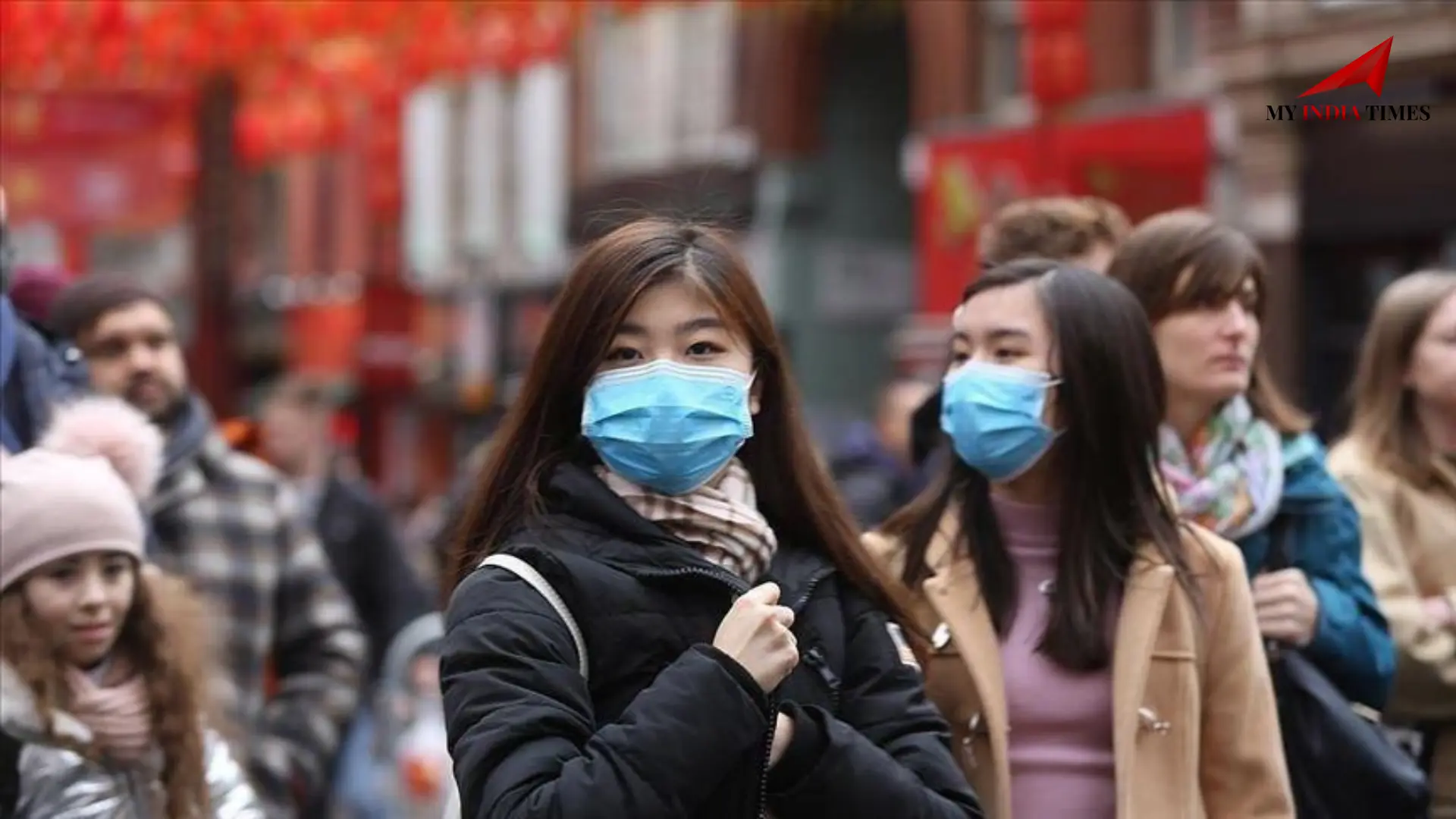Home / covid / Hidden Costs of COVID-19 Vaccines? New Study Investigates 'Post-Vaccination Syndrome' (PVS)
Hidden Costs of COVID-19 Vaccines? New Study Investigates 'Post-Vaccination Syndrome' (PVS)
By: My India Times
2 minutes read 43Updated At: 2025-02-24

Are COVID-19 Vaccines Linked to a Mysterious Condition?
Since the rollout of COVID-19 vaccines, millions have been protected from severe illness and death. However, thousands of individuals worldwide have reported experiencing long-term side effects they believe were caused by the vaccines. A groundbreaking study has now linked these symptoms to a condition termed “post-vaccination syndrome” (PVS), which remains largely unexplored in medical research.
A study conducted by researchers at Yale University identified that certain vaccinated individuals reported symptoms including severe fatigue, difficulty with physical exertion, numbness, cognitive disturbances, insomnia, vertigo, tinnitus, myalgia, and alterations in immune function. These symptoms typically arise within one to two days post-vaccination and may persist for prolonged durations, which raises concerns regarding possible underlying mechanisms.
Understanding Post-Vaccination Syndrome: What Do Experts Say?
Despite saving millions of lives, COVID-19 vaccines have sparked debates over their long-term effects. Until now, limited research has focused on the prolonged symptoms that some individuals experience post-vaccination.
Dr. Akiko Iwasaki, a leading immunologist at Yale University and the study’s principal investigator, aims to bridge this gap. She emphasizes the need for rigorous scientific research to bring transparency, improve vaccine safety, and provide better diagnosis and treatment for PVS.
“People with PVS have felt dismissed and ignored because PVS is not a medically recognized condition,” Dr. Iwasaki stated. “I believe that by conducting thorough scientific research, we can improve diagnosis, treatment, and ultimately make vaccines safer in the future.”
Research Methodology: How Was the Study Conducted?
The study utilized data from Yale's LISTEN (Listen to Immune, Symptom, and Treatment Experiences Now) project, which analyzed the immune responses of individuals experiencing PVS. The research included 42 participants who reported symptoms of PVS and a control group of 22 individuals who did not report any post-vaccination symptoms.
Upon analyzing immune system components, the researchers found significant differences in immune cell proportions between the PVS group and the control group. Additionally, individuals with PVS exhibited reactivation of Epstein-Barr virus, a virus that can remain dormant in the body and has been associated with conditions such as mononucleosis and multiple sclerosis. These findings suggest that post-vaccination symptoms may have an immune-related trigger.
What Do These Findings Mean for the Future?
While the study provides important insights into PVS, researchers stress that further investigation is required to understand its prevalence and biological mechanisms. They believe that their findings lay the foundation for future research, which could lead to improved vaccine formulations with fewer side effects.
“This work is still in its early stages, and we need to validate these findings,” the researchers stated. “But this study offers hope that we may soon have tools for diagnosing and treating PVS.”
Understanding the drivers of PVS could pave the way for safer vaccines, targeted treatment options, and diagnostic tools that help identify at-risk individuals. Moving forward, continued research and global collaboration will be essential to address concerns surrounding long-term vaccine-related symptoms and ensure greater vaccine safety.
....
Are COVID-19 Vaccines Linked to a Mysterious Condition?
Since the rollout of COVID-19 vaccines, millions have been protected from severe illness and death. However, thousands of individuals worldwide have reported experiencing long-term side effects they believe were caused by the vaccines. A groundbreaking study has now linked these symptoms to a condition termed “post-vaccination syndrome” (PVS), which remains largely unexplored in medical research.
A study conducted by researchers at Yale University identified that certain vaccinated individuals reported symptoms including severe fatigue, difficulty with physical exertion, numbness, cognitive disturbances, insomnia, vertigo, tinnitus, myalgia, and alterations in immune function. These symptoms typically arise within one to two days post-vaccination and may persist for prolonged durations, which raises concerns regarding possible underlying mechanisms.
Understanding Post-Vaccination Syndrome: What Do Experts Say?
Despite saving millions of lives, COVID-19 vaccines have sparked debates over their long-term effects. Until now, limited research has focused on the prolonged symptoms that some individuals experience post-vaccination.
Dr. Akiko Iwasaki, a leading immunologist at Yale University and the study’s principal investigator, aims to bridge this gap. She emphasizes the need for rigorous scientific research to bring transparency, improve vaccine safety, and provide better diagnosis and treatment for PVS.
“People with PVS have felt dismissed and ignored because PVS is not a medically recognized condition,” Dr. Iwasaki stated. “I believe that by conducting thorough scientific research, we can improve diagnosis, treatment, and ultimately make vaccines safer in the future.”
Research Methodology: How Was the Study Conducted?
The study utilized data from Yale's LISTEN (Listen to Immune, Symptom, and Treatment Experiences Now) project, which analyzed the immune responses of individuals experiencing PVS. The research included 42 participants who reported symptoms of PVS and a control group of 22 individuals who did not report any post-vaccination symptoms.
Upon analyzing immune system components, the researchers found significant differences in immune cell proportions between the PVS group and the control group. Additionally, individuals with PVS exhibited reactivation of Epstein-Barr virus, a virus that can remain dormant in the body and has been associated with conditions such as mononucleosis and multiple sclerosis. These findings suggest that post-vaccination symptoms may have an immune-related trigger.
What Do These Findings Mean for the Future?
While the study provides important insights into PVS, researchers stress that further investigation is required to understand its prevalence and biological mechanisms. They believe that their findings lay the foundation for future research, which could lead to improved vaccine formulations with fewer side effects.
“This work is still in its early stages, and we need to validate these findings,” the researchers stated. “But this study offers hope that we may soon have tools for diagnosing and treating PVS.”
Understanding the drivers of PVS could pave the way for safer vaccines, targeted treatment options, and diagnostic tools that help identify at-risk individuals. Moving forward, continued research and global collaboration will be essential to address concerns surrounding long-term vaccine-related symptoms and ensure greater vaccine safety.
By: My India Times
Updated At: 2025-02-24
Tags: covid News | My India Times News | Trending News | Travel News
Join our WhatsApp Channel
















-outbreak in-china.jpg)



























































































.png)
 (1).png)























